Best Procurement Contract Management Software Guide

Procurement contracts are strategic assets. Improperly managed contracts can cause supplier disputes, missed savings, compliance failures, and operational delays. However, proper contract management can improve supplier performance, strengthen governance, and unlock cost efficiencies throughout the procurement process.
Procurement Contract Management Software (PCMS) is far beyond a digital filing cabinet. Today’s PCMS solutions automate, centralize, and optimize every stage of the contract lifecycle, from drafting and approval to renewal and performance tracking.
Implementing a strong PCMS removes bottlenecks, reduces legal and financial risk, and enables real-time collaboration across procurement, legal, and finance teams. This leads to greater transparency, faster turnaround times, stronger supplier partnerships, and a procurement function that drives business value.
In this article, we’ll explore what procurement contract management software does, explore its key features and benefits, and help you understand how to choose the right solution for your organization.
What Is Procurement Contract Management Software?
Procurement Contract Management Software is a digital solution designed to streamline the creation, execution, and management of procurement contracts throughout their lifecycle. By centralizing contract-related processes, PCMS enhances visibility, ensures compliance, and facilitates better supplier relationships.
Benefits of Centralizing Procurement Contract Processes
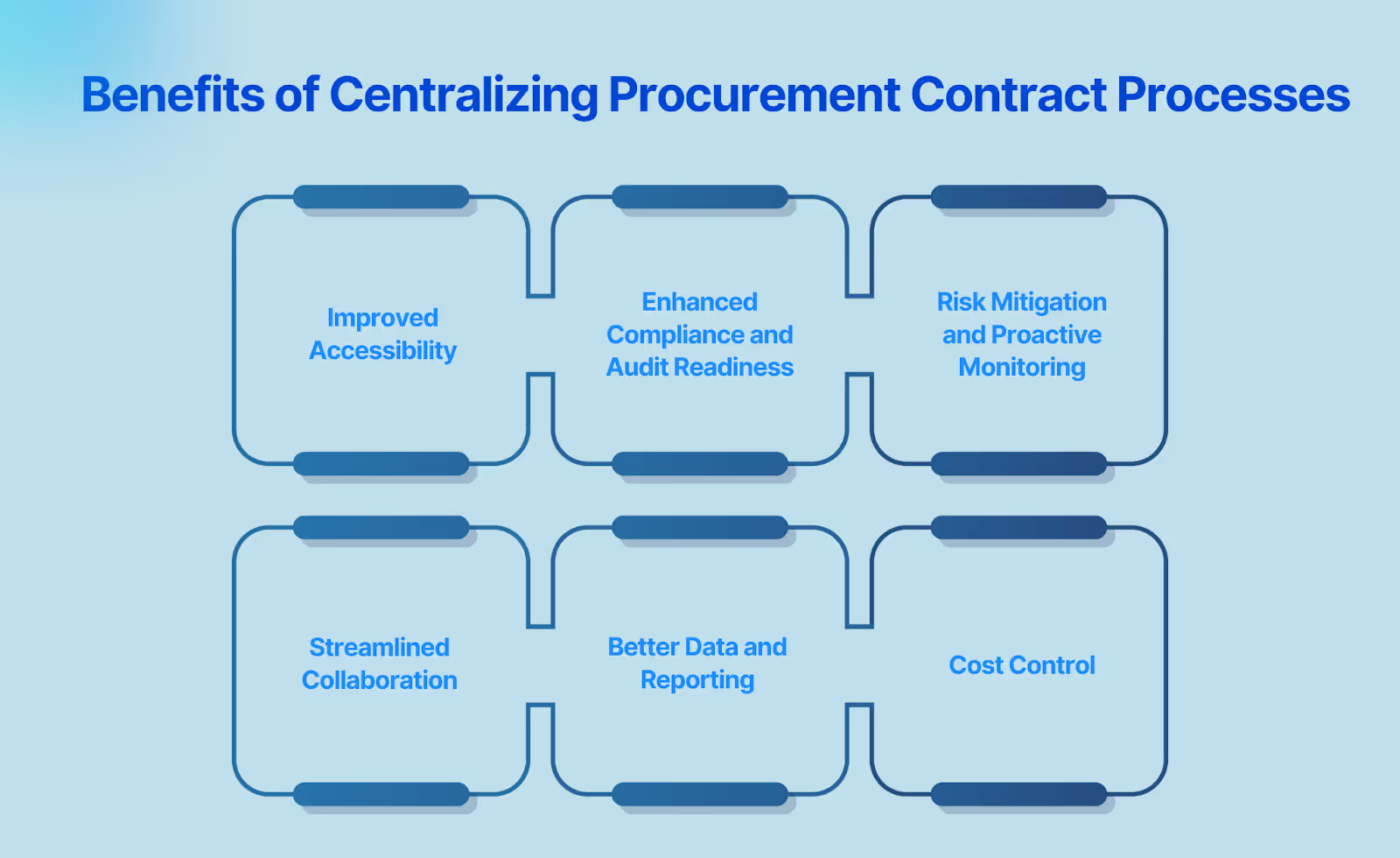
Managing procurement contracts across scattered systems, shared drives, and email threads might initially seem manageable. Still, as your supplier base and contract volume grow, this fragmented approach can create serious inefficiencies and risk exposure.
Centralizing your procurement contract management within a single, intelligent platform simplifies oversight and transforms how your teams collaborate, comply, and control spending.
Here’s how a centralized contract system adds real value:
- Improved Accessibility: All procurement contracts are stored in a secure, centralized repository, making it easy for stakeholders to access up-to-date versions at any time, from anywhere.
- Enhanced Compliance and Audit Readiness: Centralization standardizes workflows, enforces policy adherence, and simplifies audits, helping you stay compliant with internal controls and external regulations.
- Risk Mitigation and Proactive Monitoring: A centralized view enables teams to identify expired agreements, non-compliance risks, or unfavorable terms before they escalate into legal or financial issues.
- Streamlined Collaboration: Procurement, legal, finance, and operations can work together in real-time within one unified workspace, accelerating contract cycles and reducing miscommunication.
- Better Data and Reporting: A central platform gives you visibility into key contract metrics, like renewal timelines, supplier performance, and pricing terms, empowering smarter decision-making and forecasting.
- Cost Control: With all contract details in one place, you can benchmark supplier pricing, avoid duplicate contracts, and identify opportunities for renegotiation or consolidation.
With these advantages, it’s clear that centralization is about enabling a more agile, informed, and strategic procurement function. Now, let’s look at how modern software streamlines the contract lifecycle from start to finish.
How Software Transforms Procurement Contract Management
Manual contract processes might have worked in the past, but today, they’re holding your procurement function back. As contract volumes increase and supply chains become more complex, relying on spreadsheets, email chains, or disconnected document systems creates more problems than it solves.
Let’s look at the most common challenges in manual procurement contract management and how strong Procurement Contract Management Software (PCMS) helps you overcome them.
Challenges of Manual Procurement Contract Processes
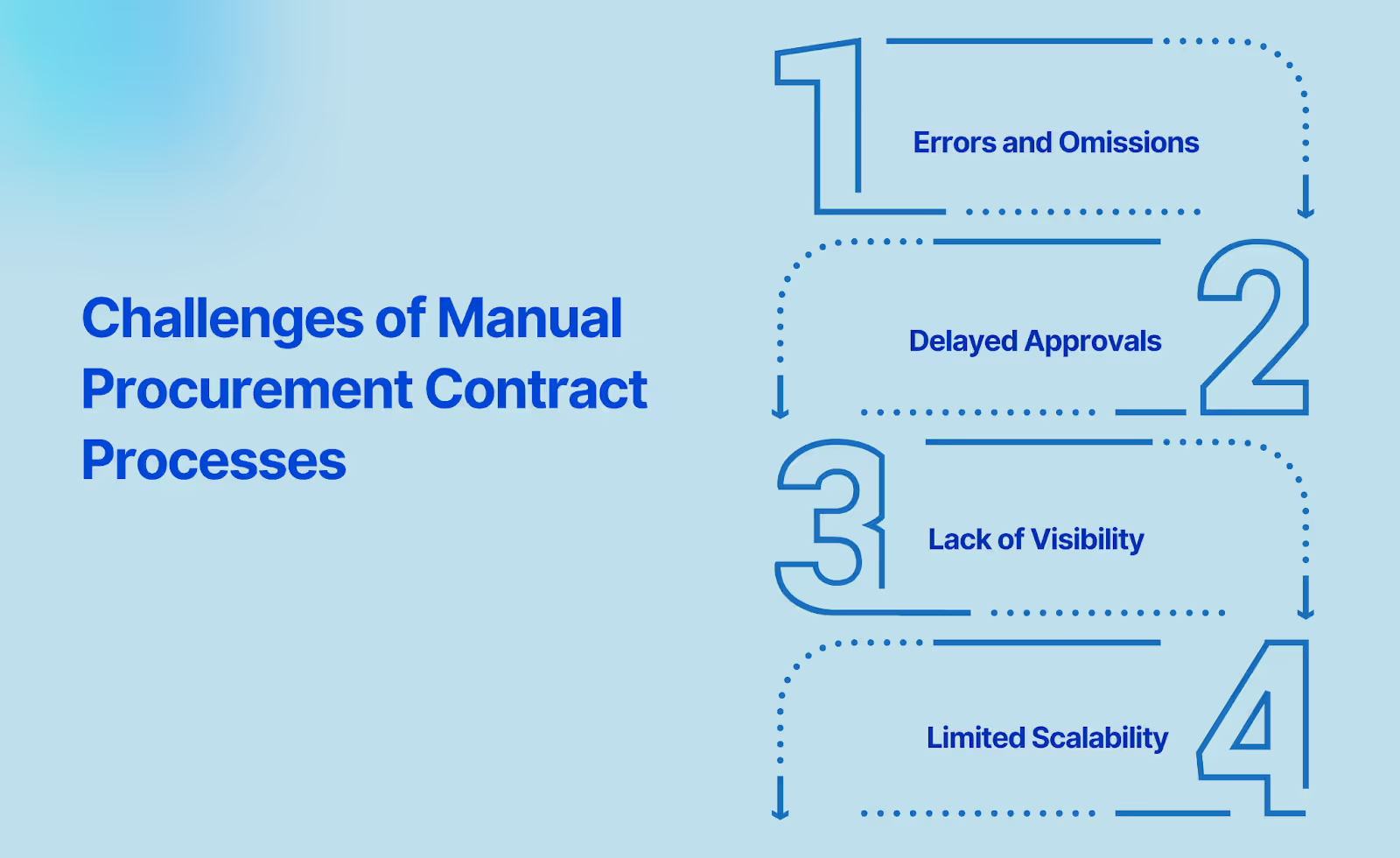
- Errors and Omissions: Manually entering contract terms, supplier details, or approval notes often leads to typos, inconsistencies, or missing information, putting your organization at legal or financial risk.
- Delayed Approvals: Physical or email-based routing slows down the contract cycle, especially when multiple stakeholders are involved. This results in missed deadlines, delayed onboarding, and slower time to value.
- Lack of Visibility: Without a central dashboard or real-time reporting, it’s hard to know the status of a contract, who’s holding it up, or when it’s up for renewal, leading to reactive rather than strategic management.
- Limited Scalability: As your vendor base grows, tracking, updating, and auditing contracts manually becomes unsustainable, creating compliance gaps and missed opportunities.
How PCMS Solves These Pain Points
Leading platforms like akirolabs have set the bar by offering features that eliminate inefficiencies and enable more strategic contract oversight.
- Automated Workflows: PCMS platforms route contracts automatically for drafting, review, negotiation, and approval, reducing cycle times and administrative back-and-forth.
- Real-Time Tracking and Alerts: You gain a 360° view of contract status, version history, and renewal dates, so nothing slips through the cracks.
- Collaboration in the Cloud: Internal teams and external suppliers can collaborate in real-time with shared workspaces and secure communication tools.
- Reduced Administrative Burden: By eliminating manual follow-ups, paperwork, and data entry, your team can focus on supplier strategy, cost optimization, and value creation.
- Audit and Compliance Readiness: Every action is logged and searchable, simplifying audits and helping you comply with regulatory requirements.
With these capabilities, procurement contract management software makes your procurement smarter, faster, and more aligned with your business goals. Let’s now explore the specific features you should look for when evaluating a solution.
Choosing the Right Features: What Sets Great PCMS Apart
If you’re investing in a procurement contract management solution, ensuring it goes beyond basic storage and task routing is essential. The right software should help you streamline processes, reduce risk, improve visibility, and support compliance at scale.
Here are the must-have features to look for when evaluating Procurement Contract Management Software (PCMS):
1. Automated Contract Drafting
Reduce drafting time and eliminate human error with tools that generate contracts using pre-approved legal and procurement language. This speeds up turnaround while reducing legal review cycles.
2. Pre-Defined, Customizable Templates
Ensure consistency across vendors and contract types. Built-in templates enforce compliance with company policies and procurement standards, making onboarding new users fast and foolproof.
3. Streamlined Review and Approval Workflows
Intelligent routing features automatically send contracts to the right stakeholders in the correct order, accelerating approvals and keeping deals on track.
4. Real-Time Negotiation Tools
Negotiate directly in the platform with commenting, redlining, and version control capabilities. This eliminates confusion, enhances collaboration, and cuts time lost in back-and-forth revisions.
5. Legally Binding Electronic Signatures
Integrated e-signature functionality allows for secure, compliant, and rapid signing of contracts. No printing, scanning, or third-party tools are required.
6. Contract Tracking and Renewal Alerts
Never miss a key date again. A good PCMS tracks milestones like contract expirations, payment deadlines, and performance reviews and sends automatic alerts to keep your team informed.
7. Post-Signature Lifecycle Management
Your contract’s job doesn’t end at signing. Manage obligations, handle amendments, track supplier compliance, and ensure alignment with budget forecasts and KPIs—all within the platform.
These features help procurement become more agile, transparent, and aligned with company strategy. Next, let’s explore how these capabilities drive value across different departments, from procurement and legal to finance and operations.
Organization-Wide Value: How PCMS Empowers Every Department
Procurement Contract Management Software is a strategic asset that supports cross-functional alignment, efficiency, and risk reduction. From legal compliance to financial planning, the benefits of PCMS extend far beyond sourcing and vendor management.
Here’s how different departments gain value from implementation:
Procurement
PCMS streamlines the end-to-end vendor contract lifecycle, from creation and negotiation to renewals, enabling procurement teams to:
- Standardize contract language and compliance checks.
- Accelerate onboarding and reduce cycle times.
- Monitor supplier performance and contractual obligations in real-time.
This means procurement can spend less time chasing signatures and more time building a supplier strategy.
Also, read Steps to Launching a Successful Digital Procurement Strategy
Legal
Legal teams gain better control and fewer fire drills. A centralized contract library with version control and pre-approved clauses helps them:
- Minimize legal risk and liability.
- Reduce contract turnaround time.
- Ensure enforceability and regulatory compliance at scale.
Automated approval workflows also free legal from repetitive reviews, allowing them to focus on strategic advisory roles.
Finance & Operations
With a single source of truth for all contractual obligations, finance and operations teams gain clearer insight into:
- Future payment terms, contract liabilities, and cash flow forecasting.
- Budget planning and spending alignment with contract terms.
- Operational KPIs are tied to service level agreements (SLAs) and vendor performance.
This visibility empowers teams to make proactive, informed decisions, avoiding last-minute surprises.
Sales
Sales teams often use procurement contracts tied to customer-facing deliverables or third-party services. PCMS platforms that integrate with CRM tools allow them to:
- Access relevant supplier agreements during negotiations.
- Ensure vendor readiness for customer onboarding.
- Align procurement timelines with go-to-market strategies.
A well-implemented PCMS becomes a shared digital infrastructure that improves agility, accountability, and alignment across your organization. Next, let’s look at how to evaluate PCMS tools and what sets the best ones apart.
Selecting the Right PCMS: What to Look for in a High-Impact Solution
The key is finding a solution that addresses your current challenges and scales with your organization’s growth, complexity, and strategic goals.
Here are the critical factors you should consider when evaluating Procurement Contract Management Software (PCMS):
1. User-Friendly Interface
A powerful platform means little if your team avoids using it. Look for software with a clean, intuitive design that minimizes the learning curve. The best solutions offer guided workflows, easy-to-use dashboards, and self-service contract searches, all driving higher adoption across departments.
2. Customization and Flexibility
Every organization has unique procurement policies, approval hierarchies, and risk thresholds. Choose a platform for configurable templates, role-based permissions, clause libraries, and workflow automation rules tailored to your business model.
3. Seamless Integrations
Your PCMS should integrate easily with core systems like ERP (e.g., SAP, Oracle), CRM (e.g., Salesforce), document management tools, and e-signature platforms. These integrations eliminate data silos and enable cross-functional visibility, giving finance, legal, and operations access to real-time contractual data.
4. Scalability and Performance
Think long-term. Can the software handle an increase in contract volume? Does it support multi-region or multi-language contracts? A scalable PCMS is essential if your supplier base or geographic footprint grows.
5. Enterprise-Grade Security
Contracts contain highly sensitive information: vendor pricing, financial terms, and intellectual property. Your chosen platform must offer the following:
- End-to-end encryption
- SOC 2 or ISO 27001 certification
- Role-based access controls
- Detailed audit trails
This is non-negotiable for mitigating legal risk and maintaining regulatory compliance.
6. Analytics and Reporting
Best-in-class platforms unlock insights. Choose a tool that provides real-time dashboards, risk alerts, renewal forecasts, and performance analytics, helping you turn contract data into actionable intelligence.
Choosing the right PCMS is a strategic investment. It should empower your team with automation, strengthen compliance, and connect seamlessly with the broader tech stack driving your procurement function. Let’s see how a platform like akirolabs brings these capabilities together to support smarter, faster, and more strategic contract management.
How akirolabs Elevates Procurement and Contract Management
akirolabs is built for organizations looking to manage procurement contracts not just efficiently but strategically. It centralizes contract workflows, embeds policy compliance, and ties every contract action to supplier strategy and business outcomes.
Here’s how akirolabs helps your teams manage contracts across their full lifecycle:
1. Embeds Contracts Within Strategic Procurement Initiatives
In akirolabs, contracts are not isolated documents. They are embedded within sourcing and category strategies. This ensures that supplier obligations, pricing terms, and compliance triggers align directly with strategic goals and planned outcomes.
2. Automates Workflow and Approvals Without Losing Governance
The platform supports configurable routing rules based on contract type, value thresholds, business units, or regional policies. Stakeholders receive automated prompts while maintaining full traceability and audit trails for each approval.
3. Accelerates Drafting With Clause Libraries and Pre-Approved Templates
akirolabs lets legal and procurement teams maintain a centralized clause library. Users can assemble contracts using pre-approved templates, reducing back-and-forth with legal while preserving enforceability and standardization.
4. Enables Real-Time Collaboration with Legal, Finance, and Suppliers
Internal and external stakeholders can review, comment, and redline contracts in a shared workspace. Version control ensures there is only one source of truth, while access roles maintain confidentiality and control.
5. Tracks Obligations, Renewals, and Supplier KPIs in One Workspace
After signing, akirolabs continues to track supplier performance, renewal dates, and service level milestones. This enables procurement to act on deviations and renegotiate terms well before expiry or escalation events.
6. Delivers Procurement-Linked Reporting and Strategic Insights
akirolabs links contract data to broader procurement analytics. You can view contractual spend against budget, track vendor compliance across categories, and tie contract outcomes directly to cost savings or risk mitigation metrics.
7. Integrates Seamlessly with ERP, Legal, and Document Systems
The platform connects with major ERP platforms (SAP, Oracle), e-signature tools, and internal document repositories. This ensures contract data flows between procurement, finance, and legal without duplication or delay.
Why This Matters for Your Business
If your team is managing supplier contracts in silos, chasing down approvals, or risking non-compliance due to lack of visibility, akirolabs provides a structured and strategic alternative. It turns contract management from a reactive administrative burden into a driver of procurement performance, governance, and cost efficiency.
Book a demo today to discover how akirolabs can modernize your procurement and contract management strategy, turning contracts into catalysts for business value.
Conclusion
Investing in Procurement Contract Management Software enables smarter, faster, and more compliant decision-making across your organization. With the right platform, you can eliminate bottlenecks, reduce risk, strengthen supplier relationships, and unlock data-driven insights that fuel long-term value.
But success depends on choosing a solution built for today’s challenges and tomorrow’s opportunities.Suppose you're ready to move beyond fragmented processes and manual contract management. In that case, akirolabs offers the intelligence, automation, and collaboration tools you need to turn every procurement contract into a driver of growth and competitive advantage.
What makes a successful pilot with akirolabs?
We define success collaboratively with your team. Typical outcomes include strategy creation for priority categories, measurable process improvements, and internal alignment. We provide full support and a clear roadmap for evaluation.
Can I try the platform hands-on after the demo?
Yes, we offer guided pilots and sandbox environments depending on your stage in the buying process. These give you and your team the opportunity to explore features in your own context.
Can I see how akirolabs would work with our specific categories?
Yes, we can tailor the demo to showcase how akirolabs works with your specific categories and procurement structure. Let us know your priority areas in advance, and we'll customize the demonstration accordingly.
Who should attend the demo from my organization?
We recommend including key stakeholders from your procurement leadership team, category management function, and procurement excellence or transformation groups. Including business stakeholders can also be valuable to demonstrate how the platform facilitates cross-functional collaboration.
How long does a typical demo take?
A standard demo takes approximately 45-60 minutes, allowing time for a comprehensive overview of the platform and discussion of your specific requirements. We can adjust the timing based on your availability and areas of interest.
What will I see during an akirolabs demo?
During the demo, you'll see the complete akirolabs Category Strategy Workbench in action, including the collaborative workflow, AI-powered insights from akiroAssist, strategic scenario modeling capabilities, and the Strategy One-Pager feature. We'll customize the demonstration to focus on aspects most relevant to your organization's needs.
Ready to Transform Your Procurement Strategy?
There’s a better way to do procurement. This is IT.
.avif)
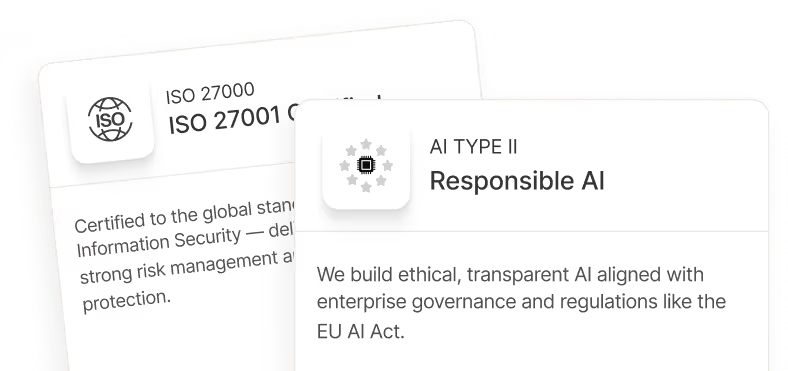







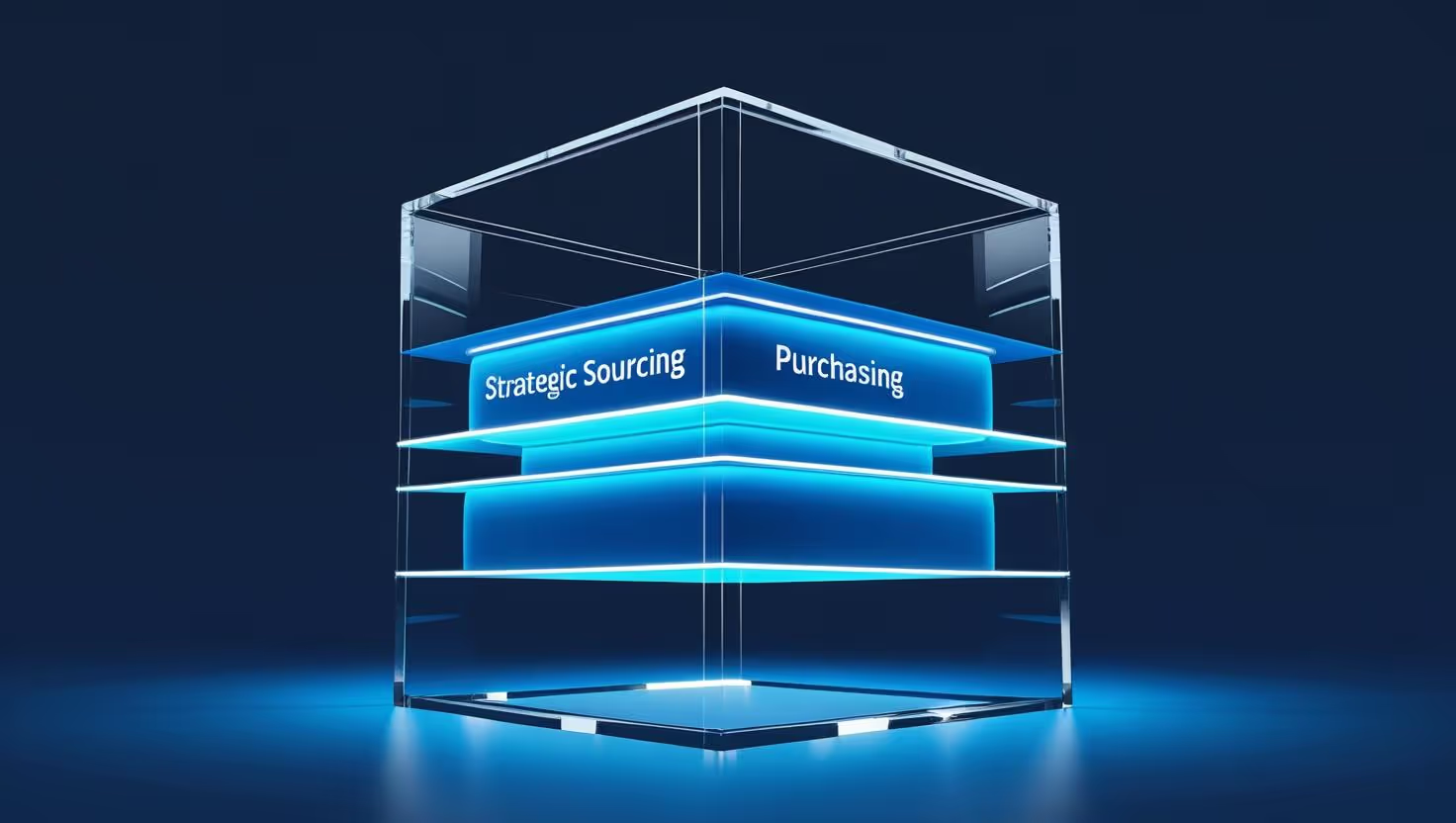


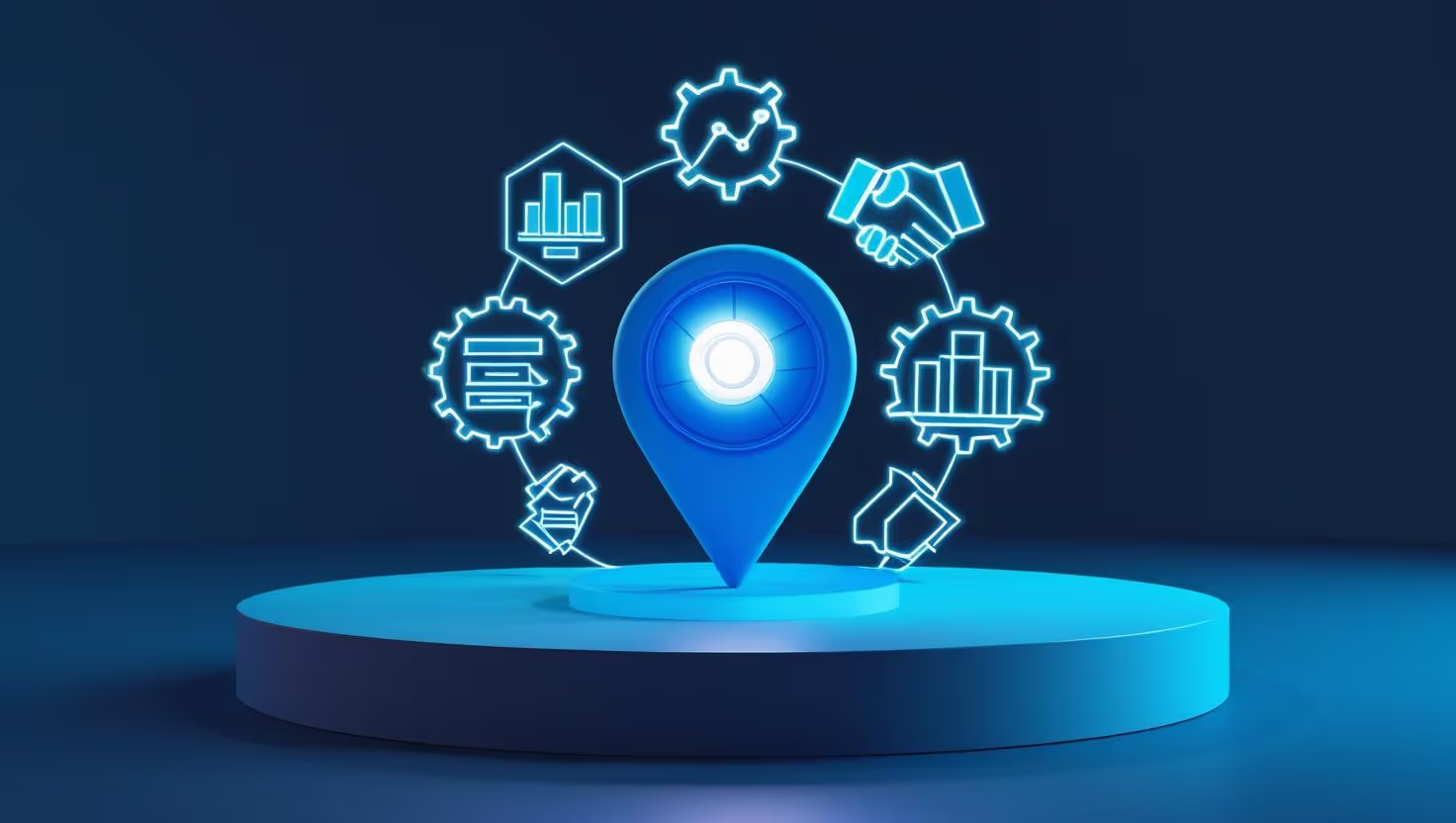













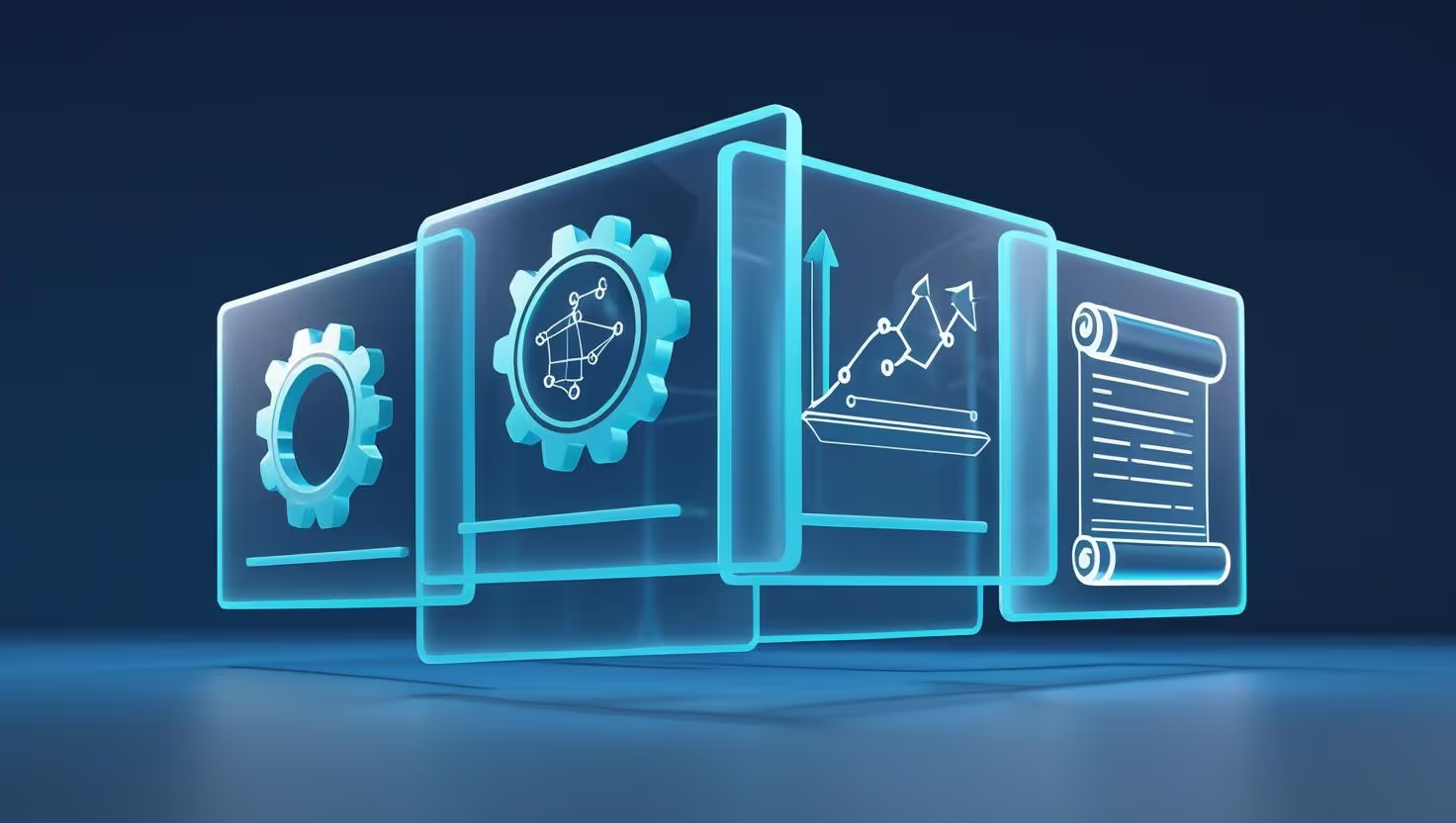




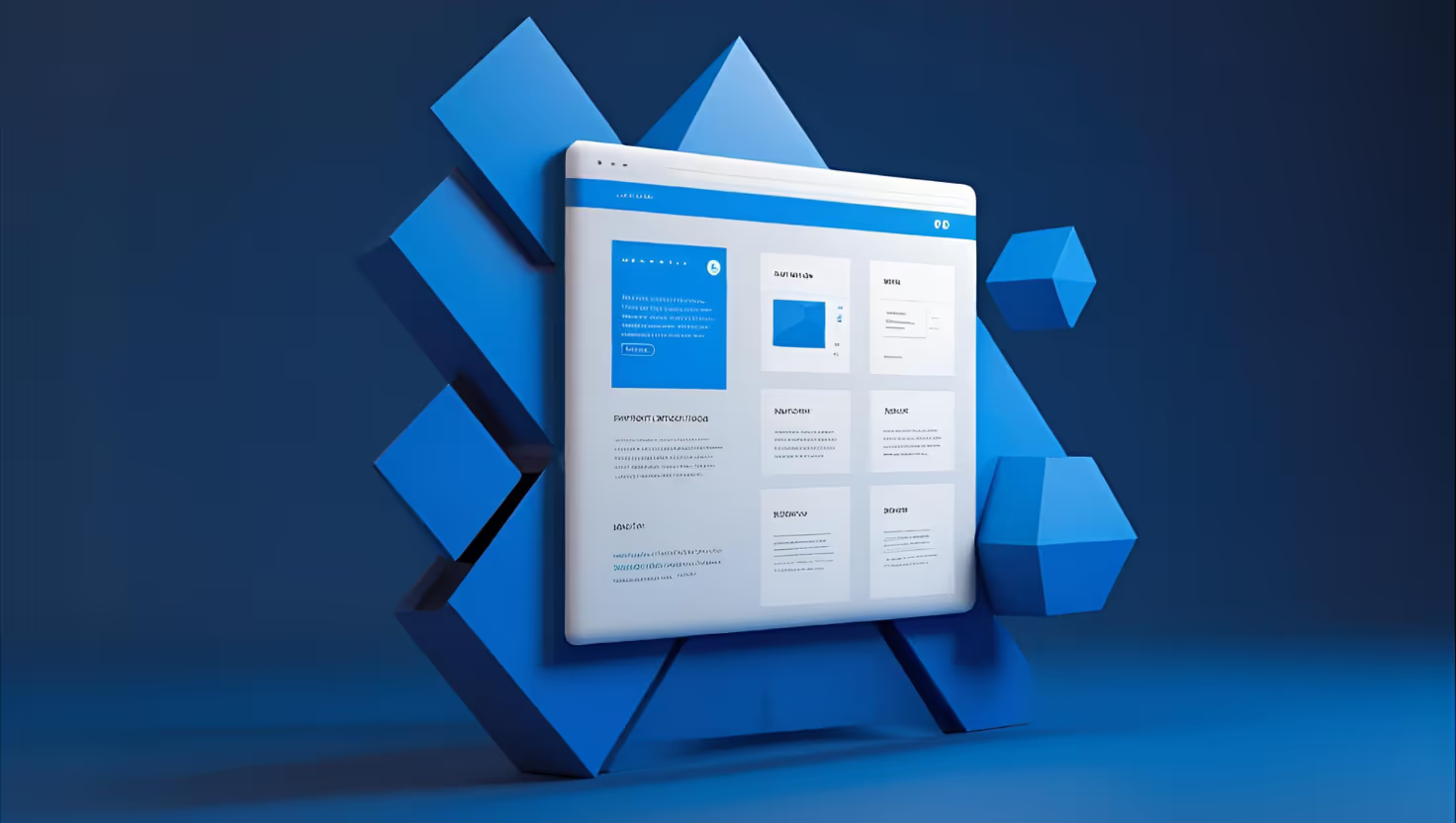










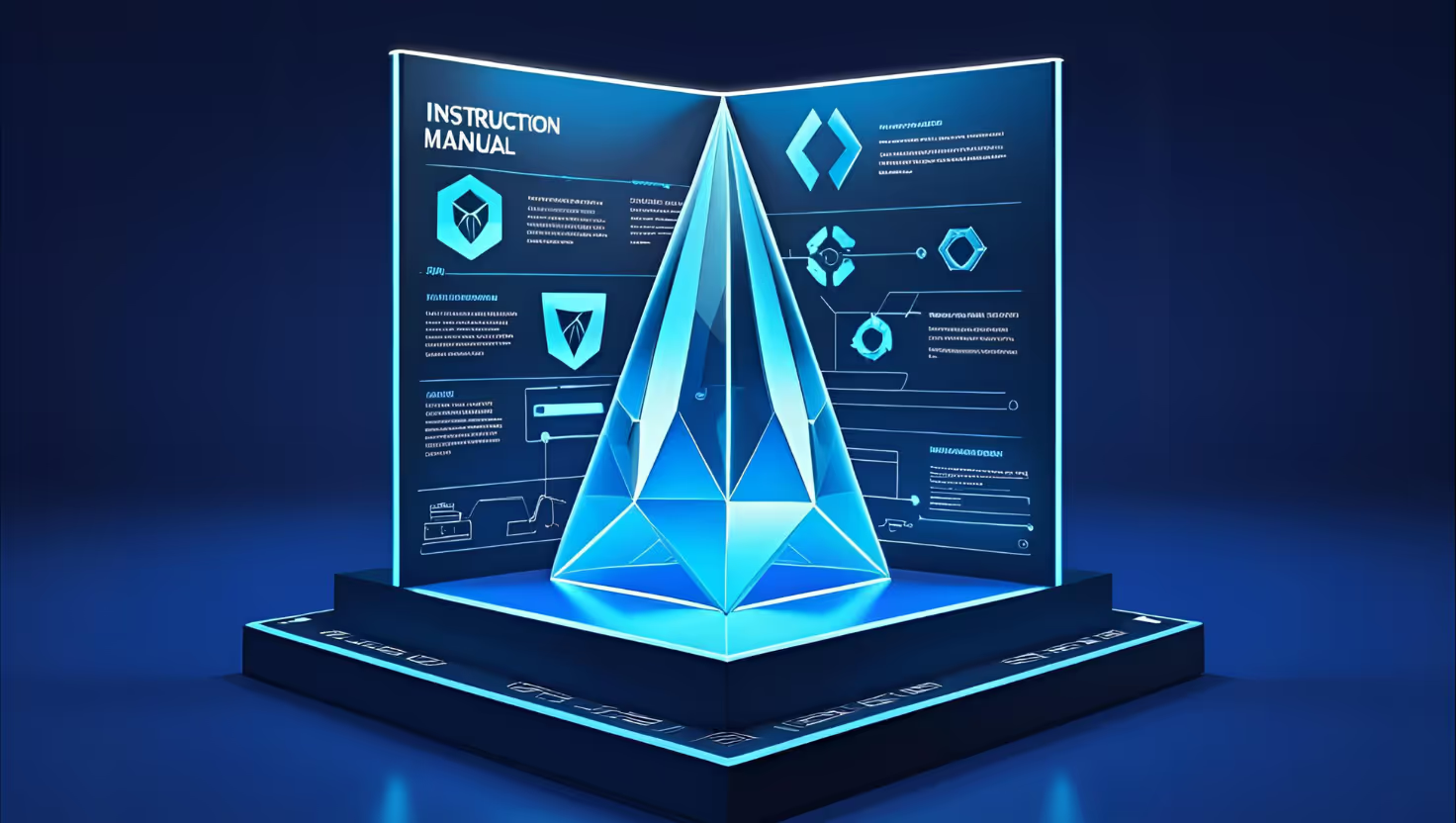













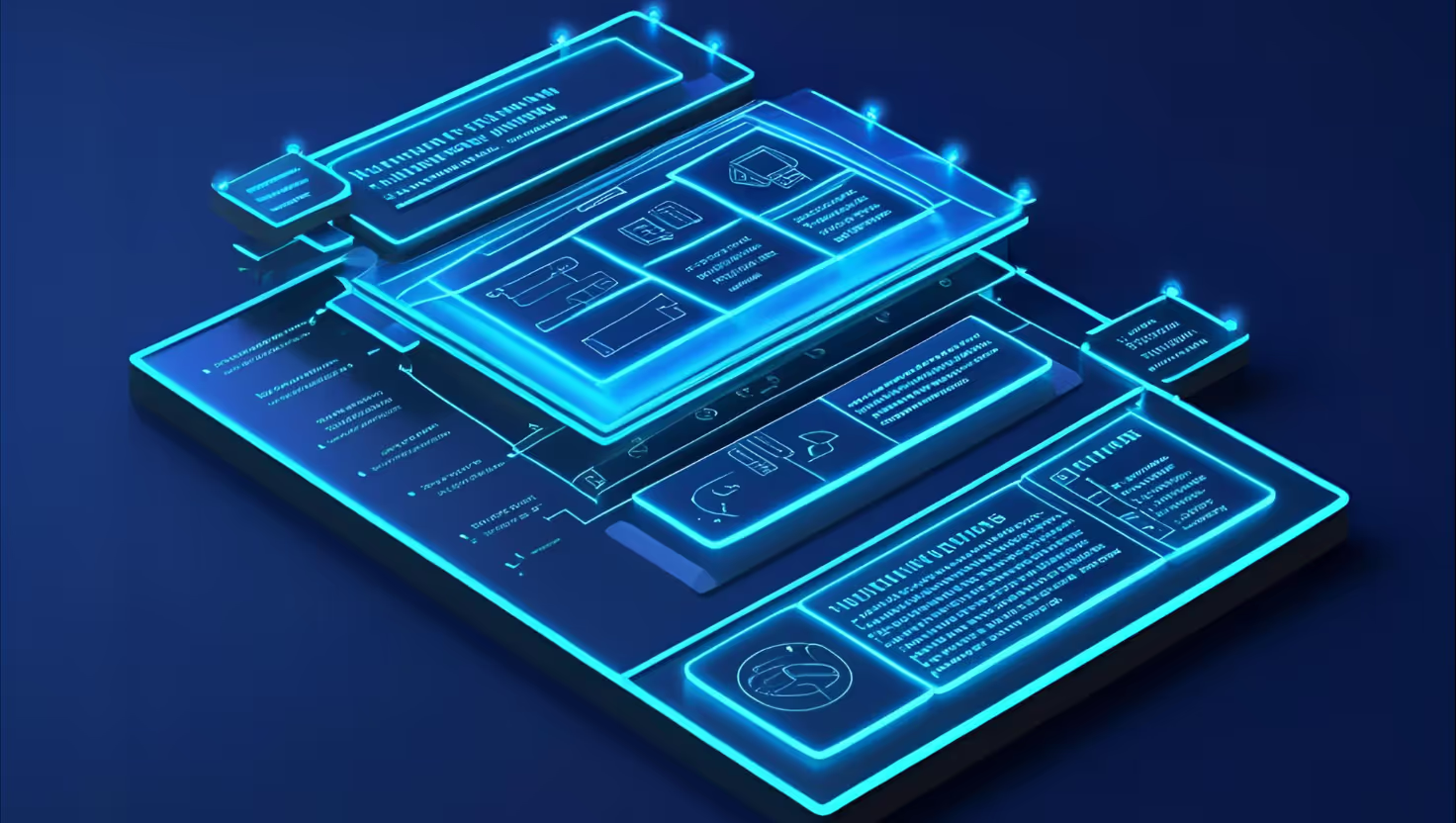






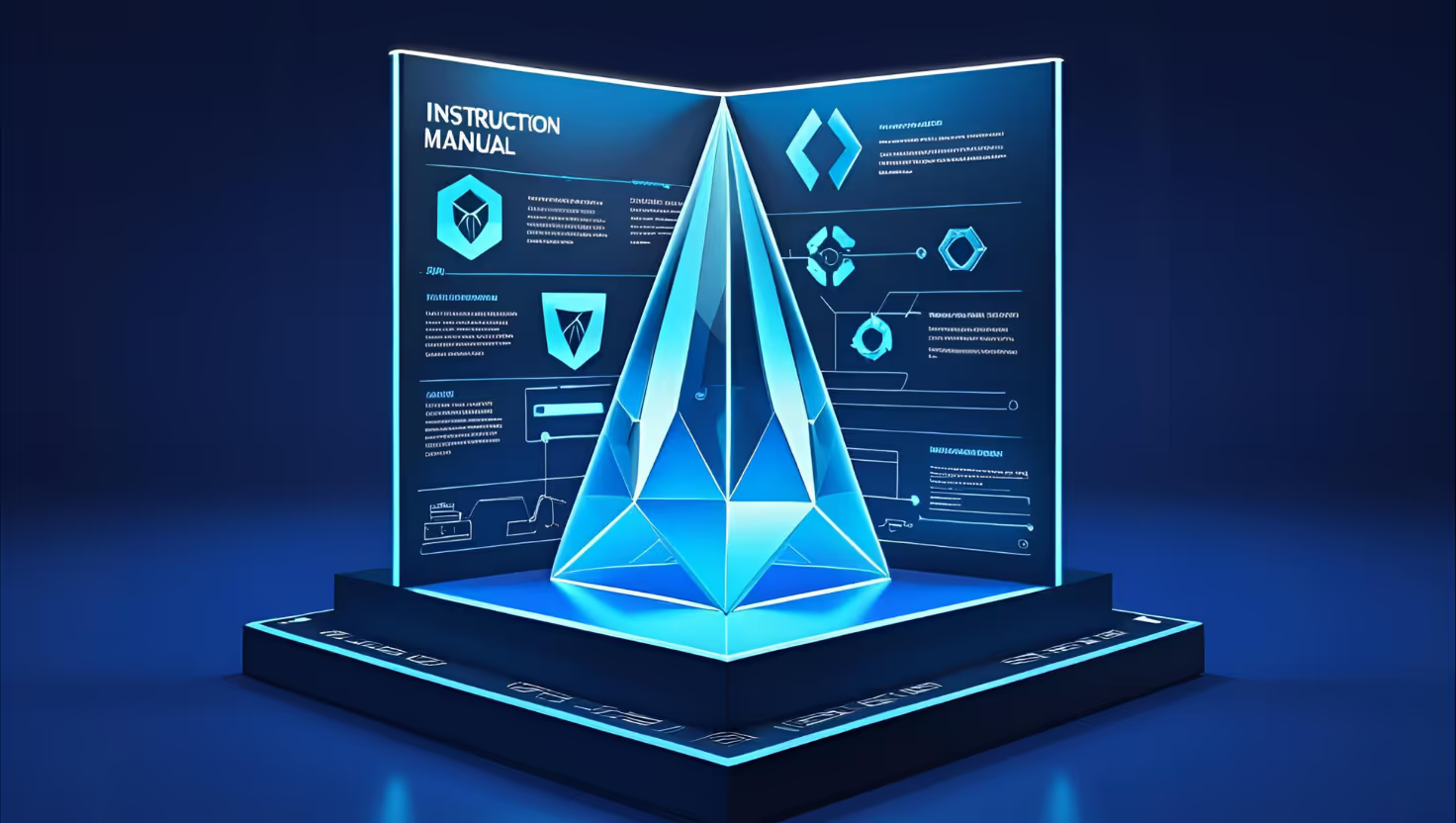










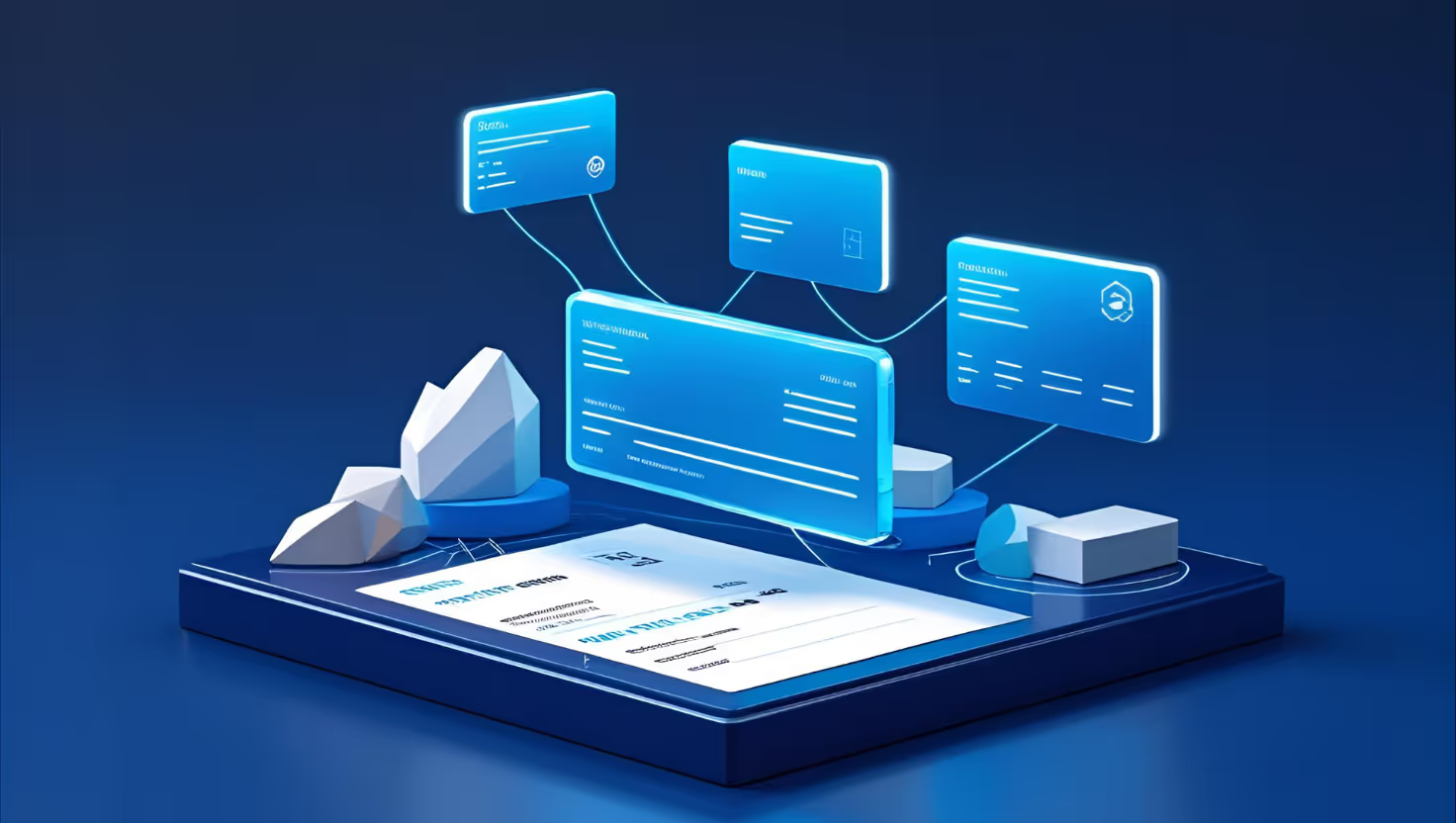







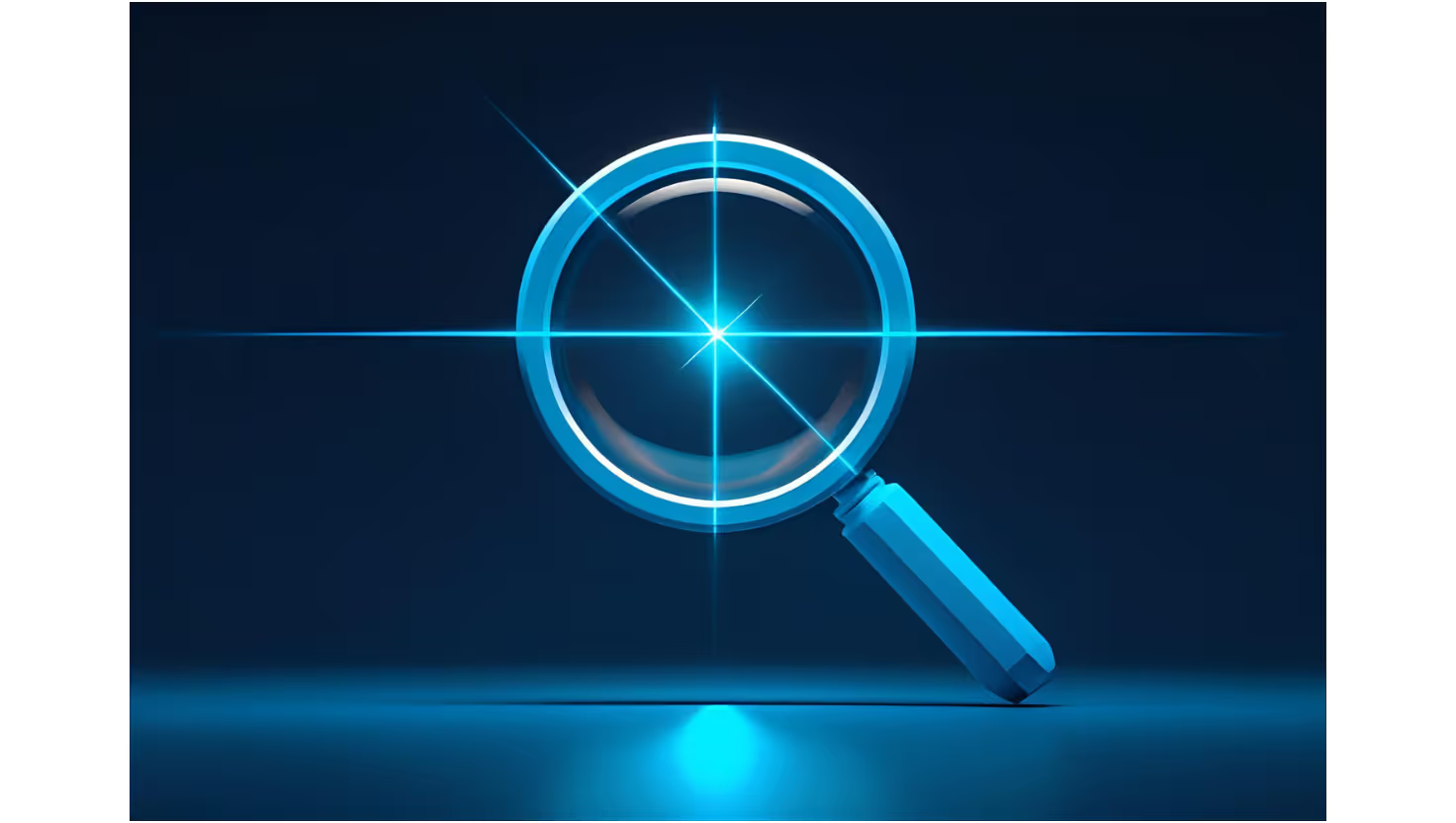






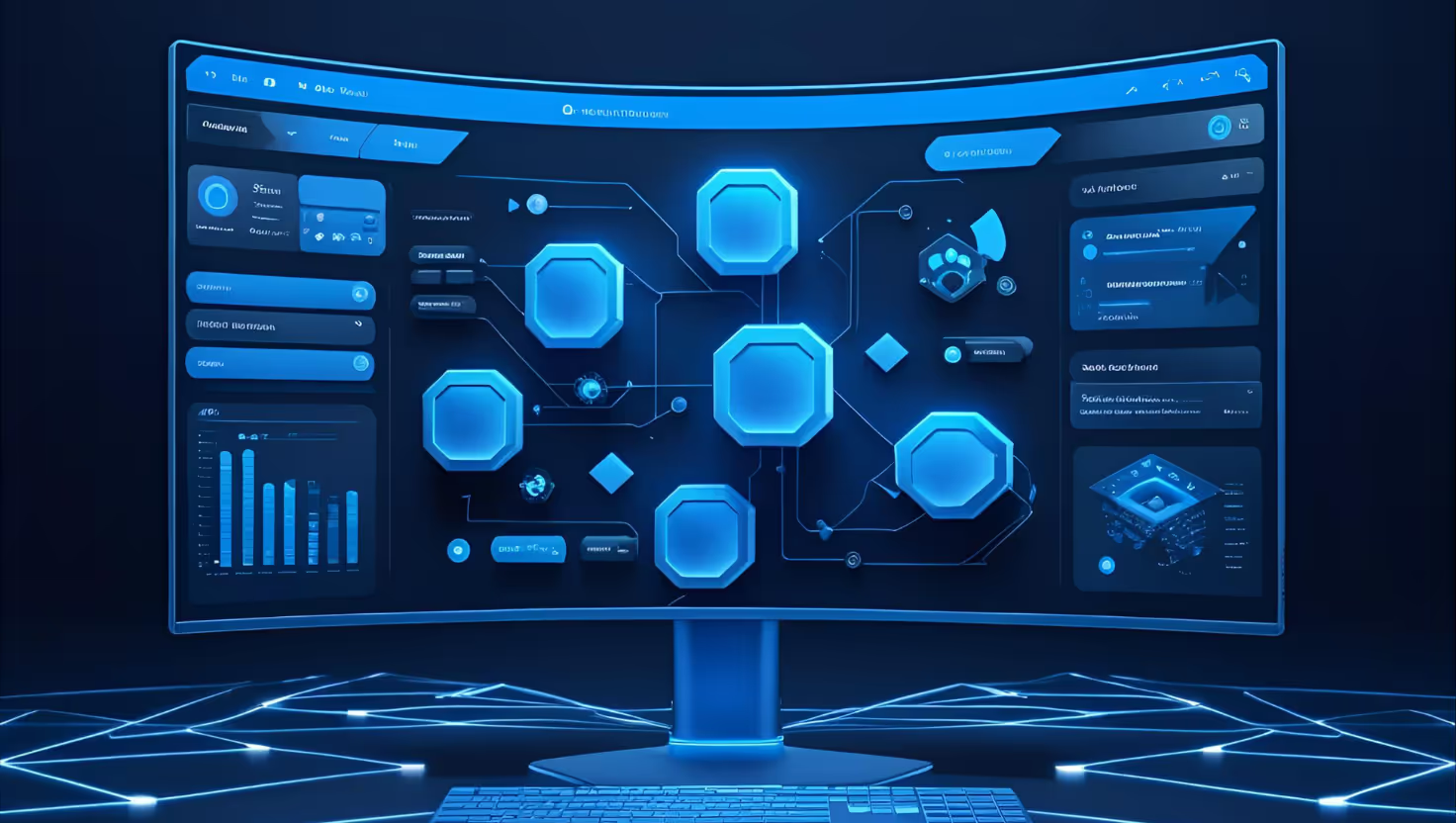












.avif)







